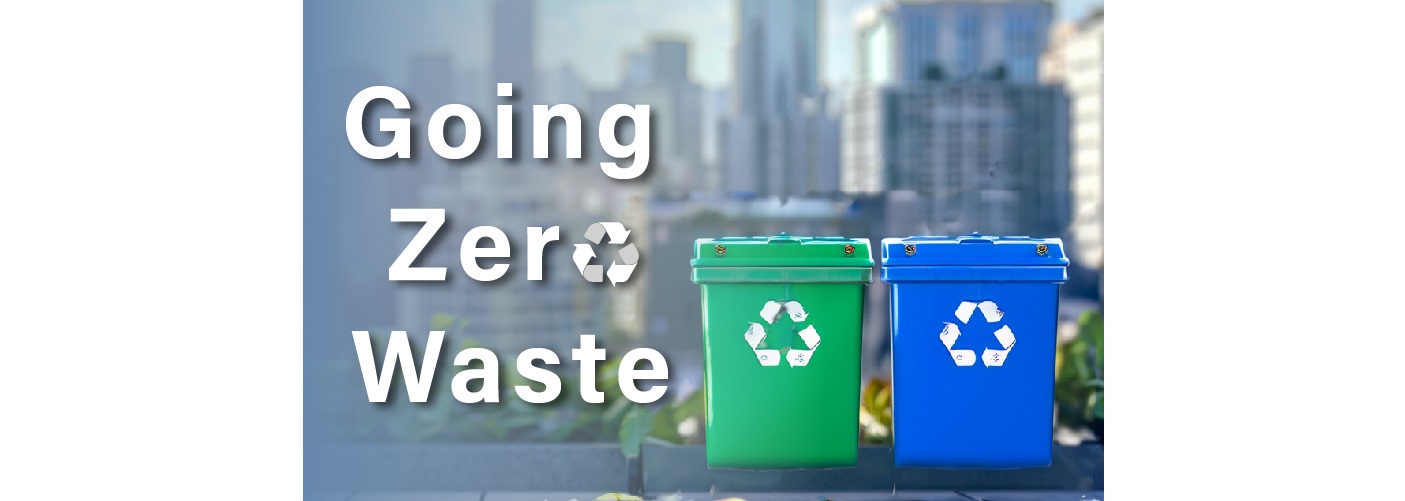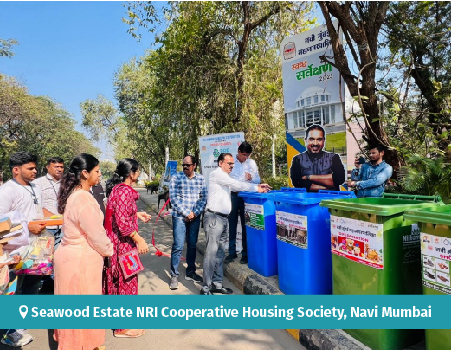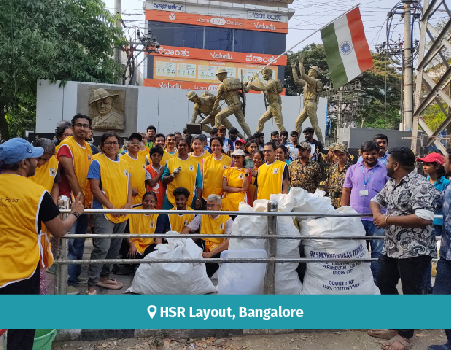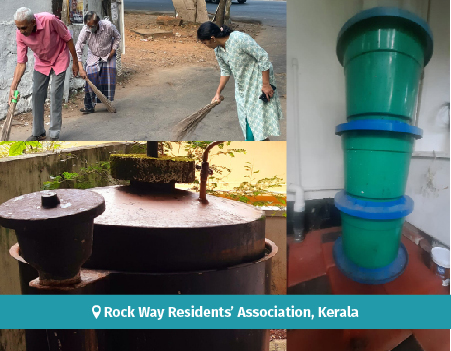
Effective waste management is crucial to protect public health and improve quality of life, especially during rains. Behavioural change is key to revolutionizing waste management and mitigating health risks associated with monsoon. Here’s a look at a few unique zero waste housing societies in India and how they are prepping for monsoon. Under the Swachh Bharat Mission, many cities are encouraging citizens to adopt zero-waste lifestyle, transforming communities into zero-waste societies. The SABB campaign is helping to promote clean housing societies and healthy citizens. Here’s a look at a few unique zero waste housing societies in India and how they are prepping for monsoon.

Seawood Estate NRI Cooperative Housing Society, home to 1,500 residents, is a leading zero-waste housing society in Navi Mumbai. The society generates around 1,000 kg of waste/day, including 600 kg of dry waste and 450 kg of wet waste. A While the dry waste is collected by Municipal Corporation, the wet waste is processed on-site, producing approximately 50 kg of compost daily.
Sewage Treatment Plant (STP) with a 105 KLD capacity is installed within the complex, and the treated wastewater irrigates the garden areas. As a part of SABB campaign, the society has geared up for monsoon with regular cleanliness drives and open drain inspection. Not just this, a door-to-door awareness is being spread within the society for monsoon preparedness.
Bracing for water-logging, HSR Layout in Bangalore, home to 650 households has planned and executed multiple awareness & maintenance sessions. Regular infra checks and meetings with sanitation workers is being held. Regular cleanliness drives are being conducted. SBM-U’s Safai Apnao Bimaari Bhagao campaign has re-instilled a sense of cleanliness and hygiene.
The society is known for its innovative waste management practices, including lane, temple, and park tank composting, a waste management learning center, and a sustainable menstruation program.
Generating nearly 20 TPD of waste daily, with 80% segregated into wet, dry, and reject categories, HSR has efficient door-to-door collection, an on-site STP, and a dry waste collection center. The place also has a Swachagraha Kalika Kendra, a waste management learning centre offering education on composting.



With 96 households practicing 100% waste segregation, the Rock Way Residents’ Association in Thondayad, Calicut, Kerala, has set an exemplary standard for waste management. Out of the 3,000 kgs of waste generated per month, the bio-waste is either converted into energy using biogas plants or turned into manure for kitchen gardens through home composting.
Non-bio waste is managed in partnership with Haritha Karma Sena members. The society produces about 1,536 kg of compost monthly with tools such as Bokashi buckets and Geebin Multi-layer Aerobic Kitchen Compost Bins.
Pitching for the SABB initiative, not just the society but the citizens have joined hands for pre-monsoon cleaning of houses and correct waste disposal. The society has also taken measures to disinfect the premises during monsoon.
Website: https://sbmurban.org/
Facebook: Swachh Bharat Mission - Urban | Twitter: @SwachhBharatGov
Instagram: sbm_urban | YouTube: Swachh Bharat Urban | LinkedIn: swachh-bharat-urban